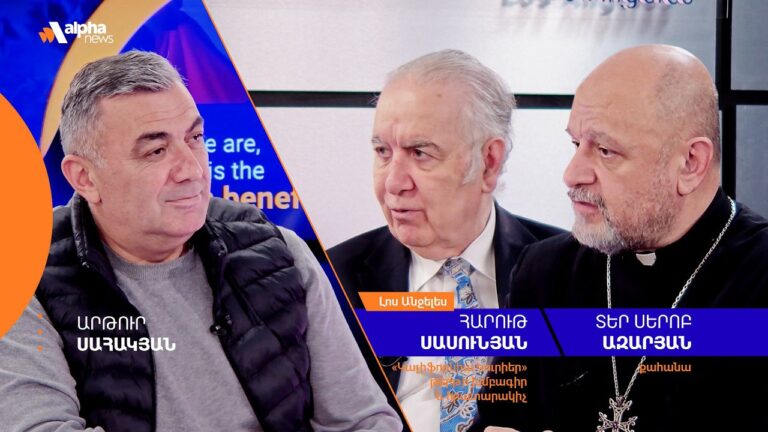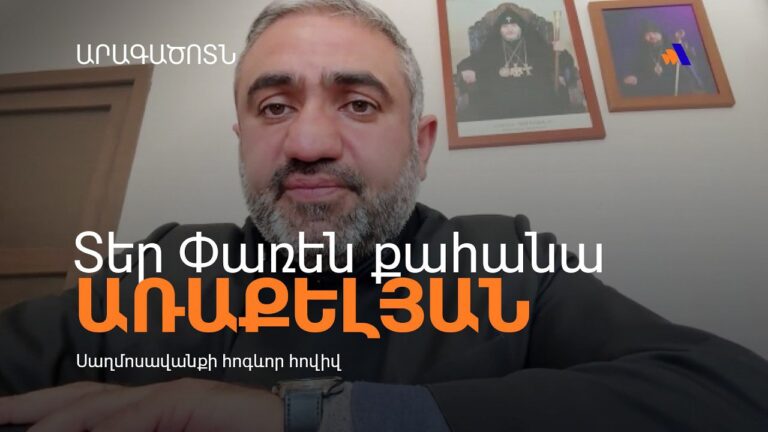Will Biden have time to “reconcile” Armenia and Azerbaijan?
October 24 2024, 13:45
It would be too pretentious to say that the US administration is going all-in in the South Caucasus region, but the fact remains that US President Joe Biden sent two letters to the leaders of Azerbaijan and Armenia, in which he called on the parties to finalize a “peace agreement” by the end of this year.
And if, in a letter to Aliyev, Biden says that “a peace agreement, alongside ensuring the sovereignty and territorial integrity of Azerbaijan, will transform the entire region, facilitating greater trade, investment, and connections between Europe and Central Asia” (in other words, he once again talks about the “Zangezur corridor”), in a letter to Pashinyan, Biden talks about ingenuity and compromise. It is not difficult to guess that compromise should be the opening of the above-mentioned “Zangezur corridor”, but the outgoing US president does not say what concessions official Baku should make.
In any case, Biden’s public letter to Pashinyan and Aliyev is a pretty “big geopolitical bet.” And if we add to this “bet” the obvious attempts of the United States to “destabilize the situation” in Georgia after the parliamentary election scheduled for October 26, as well as forcing the Moldovan population to recognize the results of the referendum on amending the country’s Constitution to join the European Union, it becomes clear that amid the expected US presidential election, the American administration is in a hurry to “get everything done before the deadline,” that is, until Biden stops using the right to enter the Oval Office in the White House.
It would be a mistake to believe that the “Armenia-Azerbaijan peace agreement” can become the “ace in the hole” for Kamala Harris’s victory in the election. The reason for the rush is that the current administration has concerns about the results of the upcoming US presidential election. There are fears that instead of Democrats, Republicans will come to the White House, who can reconsider a lot in both domestic and foreign policy as well as the priorities of the state.
If Georgia “does not fall” before November 5, that is, before the US presidential election, and Yerevan and Baku do not sign at least some kind of paper, then Washington’s next activity in the South Caucasus region, and in general in post-Soviet countries, should be expected not earlier than the spring of 2025, that is, not earlier than the formation of a new administration.
And before that, a lot can change…For Nikol Pashinyan as well.
Think about it…







